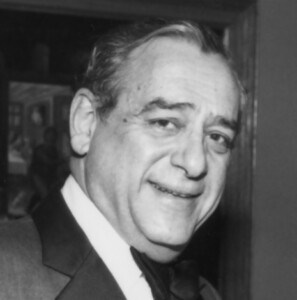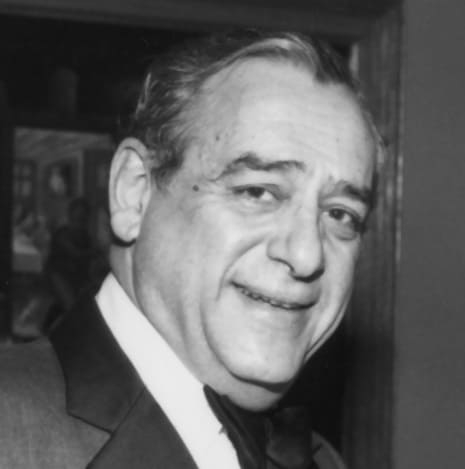 3 Nisan is the Jewish calendar date on which my father passed away 12 years ago. It is my honor and obligation to say the Kaddish prayer on each anniversary of that date, his Yahrtzeit. This year in 5774, the third of Nisan fell in the evening of April 2, 2014 through the next day on April 3.
3 Nisan is the Jewish calendar date on which my father passed away 12 years ago. It is my honor and obligation to say the Kaddish prayer on each anniversary of that date, his Yahrtzeit. This year in 5774, the third of Nisan fell in the evening of April 2, 2014 through the next day on April 3.
On the evening of April 2, The Virginia Arts Festival and the Simon Family JCC produced an event at the Sandler Center for the Performing Arts in Virginia Beach featuring the Israel Philharmonic Orchestra. It was well promoted throughout the region, and we knew it was to be a performance we couldn’t miss. Weeks before, we bought tickets for ourselves and our children, marked our calendars, and moved on to our next things.
Among the reasons Jewish people say the Kaddish prayer, in a group of at least 10 Jews, is to praise G-d during specific times as one memorializes a loved one. It is well known among Jews that we say in unison, “y’hay sh’may raboh m’vorach ul’olmay olmaya,” meaning “May His great Name be blessed forever and ever.” Ultimately, the Kaddish is a prayer for peace.
So, why do we say this Kaddish at these appointed times (in the case of my father, his Yahrtzeit last 3 Nisan/April 2)? We praise the Lord as the true Judge, the loving Father, and the merciful and beneficent King of the universe. But we know the Almighty needs nothing, not even our praise. We praise G-d for ourselves—and when reciting Kaddish for a loved one at the appointed times, we praise Him in honor of their souls, since their bodies can no longer do mitzvot. After saying the memorial Kaddish, friends in the Minyan say, “Your father’s neshama should have an aliyah,” meaning “may his soul be elevated.”
A week before the Israel Philharmonic was to perform, I re-visited my calendar and the timing became obvious. Saying Kaddish the evening of my father’s yahrtzeit would mean I would need to make a Minyan at the Sandler Center, sometime after the show began, since the evening would not have set in at the start of the show. By the way, I love a good problem to solve, and this one was a no brainer —Jews everywhere! Maybe I could pray with the members of the Philharmonic! Maybe I could get the Maestro to make an announcement that there would be a Minyan for my dad at the intermission! Ah, romantic notions, to be sure.
I took my Siddur (prayer book) with me into the Sandler Center. I ran into a friend who asked about it, and I told him I would need to make a Minyan later. He, among a few others, would be glad to participate— just let them know. How great are the Jewish people!!!
Intermission came—we had seats on the mezzanine level. I went out into the atrium area and started asking people I know if they would stand with me as I would say Kaddish for my father on his Yahrtzeit. Swift yeses by anyone I asked and, in only moments, I had the 10 Jews needed for me to say the prayer. As it turned out, this Minyan of 10 Jews included three who had recently lost a close relative. I knew all three of those souls well. A brother, a first cousin, and a son-inlaw stood with me and answered “Amen,” as I praised Hashem in honor of my father’s memory. I know their souls were uplifted by our prayer, too.
I’ll never forget this kindness, or the place I stood, or the love I felt, and the presence of my father’s neshama being right there. Baruch Hashem.
*of blessed memory
by Kevin Lefcoe

